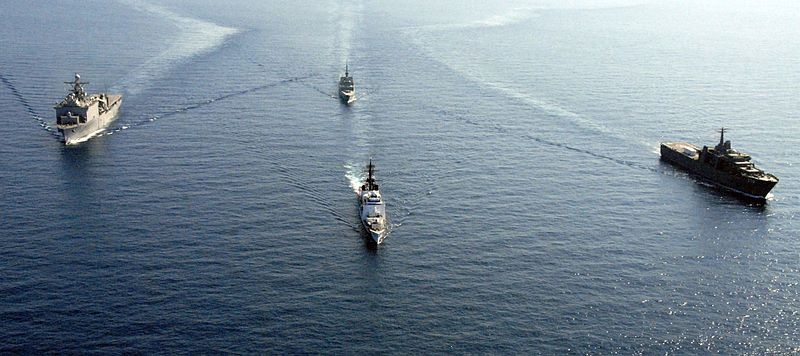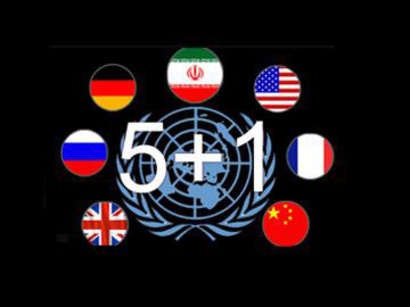China’s disregard of the ruling of The South China Sea Arbitration case brought forward by the Philippines confirms one thing: that China values economic security over political stability. The verdict disclosed by the United Nations Convention on the Law of the Sea (UNCLOS) on July 12, 2016, stated that China has no legal basis for its territorial claims. The Chinese government asserts that a large portion of the South China Sea, including the “Nine-Dotted Line”, belongs to them, disputing maritime claims by neighbouring countries. This area, rich in resources, is also a strategic shipping lane and control over it is viciously contested.
While other sovereign nations with claims to this area are willing to co-operate under a joint management system, China continues to expand aggressively within this area. Chinese fishermen, financed by China’s government, are now fishing in the Philippines’ and Vietnam’s Exclusive Economic Zones. These zones, which stretch 200 nautical miles from a nation’s territorial baseline, were established by UNCLOS to prevent clashes over economic development in the sea. However, China claims that it has historic rights over the majority of the South China Sea and therefore can conduct various economic projects, such as fishing and drilling for oil.
An abundance of natural gas , over 100 billion cubic meters to be exact, can be found in the deep water gas fields off the coasts of the Paracel and Spratly Islands. China currently imports about 35% of its gas needs, with economists predicting its import dependency will reach 55% by 2025. Therefore, it is a lucrative investment for them to start offshore deep-ocean drilling in order to extract natural gas to supply the demand.
One exploratory oil rig, the “Haiyong Shiyou 981” has moved around deep-water areas, increasing tensions within the area as it entered Vietnam’s Exclusive Economic Zone. China’s willingness to risk maritime security in return for natural gas, displays not only how profitable they expect the oil fields to be, but also demonstrates its strength and position as a world power.
China’s 2012 seizure of the Scarborough Reef, an area in the disputed region, was a cost-free conquest as they faced little to no consequences for this illegal acquisition. Its land reclamation attempts led to 3,200 acres of land being cultivated to serve as military bases and airstrips. A vast increase of military equipment and personnel in the region has been reported. China’s military presence in this territory counters the United States’ “Freedom of Navigation” naval exercises and the right to travel across international waters.
Furthermore, classifying this area as its territory, gives China the power to control passage of one-third of the global natural gas as it makes its way to be sold by other countries. More than 50% of natural gas, amounting to $5.3 trillion in international trade annually also passes through this area. Therefore, taking control of the South China Sea is not only a lucrative move, but a highly strategic one as well.
Despite The Hague’s ruling against Chinese claims, China aggravates neighbours by repeatedly challenging their sovereignty with its military exercises and resource drilling. China’s assertiveness sets the stage for a display of their military and economic might, while disrupting the U.S. domination over East Asian Maritime Security.
China’s continuous expansion in this disputed region may lead to further naval stand-offs and an increase in the accumulation of military weapons. In spite of constant reproach by its fellow nation states, the Chinese government continues to act in ways that clearly exhibit that it finds the resource-rich South China Sea to be more valuable than political stability.
Photo: “SOUTH CHINA SEA” (2008), by United States Navy via Wikimedia Commons. Public Domain of the United States Navy.
Disclaimer: Any views or opinions expressed in articles are solely those of the authors and do not necessarily represent the views of the NATO Association of Canada.




